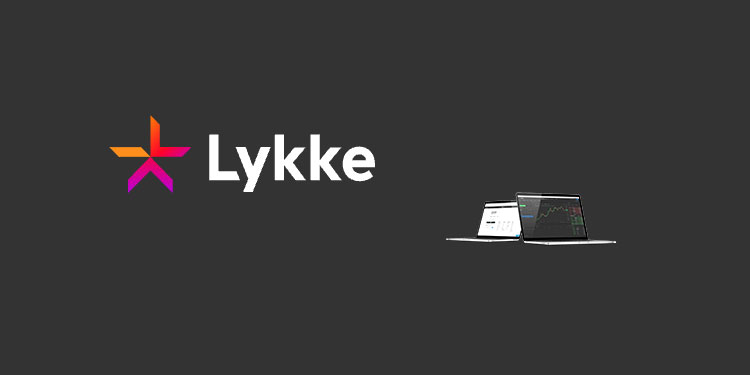Lykke Wallet, a Swiss-based crypto exchange platform, announced today it is currently performing a vital step in the continuous process to improve its service with the migration to a new exchange architecture.
For several months, the Lykke team has been steadily migrating the building blocks of its exchange infrastructure to Sirius, a dedicated solution developed by a Swiss tech company SwissChain.
SwissChain is a Lykke talent spin-off specialized in blockchain technology. It is one of quite a few entities that offers businesses a full range of services for self-managed custody and management solutions. Sirius is one of the key offerings of the company, it combines a blockchain engine with a custody solution.
Aside from blockchain infrastructure and custody components, Sirius supports functionalities such as smart contracts, staking, and settlement to name a few. Furthermore, it also allows for the integration of various DeFi systems and protocols, such as accessing DEXs, dApps, and more.
The Lykke Wallet exchange has been on the market for more than five years, it’s a fully functional trading environment that combines a web terminal and mobile device applications. It is a trading venue that creates conditions for ultimately cost-efficient transactions with the trading fees being zero and the buy-sell spreads low. To maintain these conditions, a whole system composed of a blockchain engine, nodes, integrations, and various add-ons is necessary. This system offers an all-in-one trading solution for cryptocurrency trading and forex: it integrates a KYC-verification system, a fiat gateway, an API for automated trading, a possibility to generate trading history for tax purposes, etc. The underlying architecture allows for the creation of trading and private wallets, supports the necessary nodes to integrate new blockchains, and, last, but not least, maintains high-security standards to protect the users’ funds. All this system has to be maintained and constantly updated to meet the needs of the maturing market and the growing user base of Lykke. Its seamless functioning requires a continuous effort of a whole development team. So even when it looks like nothing is really happening, in reality, a whole team of professionals works full-time to guarantee the system’s seamless functionality.
– The Lykke Team
What does the current migration mean to Lykke and its users?
First of all, Sirius is a product tailored to the needs of blockchain-powered businesses. It combines the necessary elements of blockchain infrastructure with other value-add items.
In particular, it includes a dedicated custody solution developed specifically for safe storage purposes. Lykke’s hot wallet will be migrated to custody to enhance the security level. This means that Lykke users’ trading wallets will be moved to custody as well, bringing more security and peace of mind to all.
Importantly, Sirius is also designed to enable faster and easier blockchain integrations. Building a node for a new blockchain integration is now a standardized process based on a prefabricated architecture. With the migration, the integration of new crypto assets on Lykke is now a smoother process.
Finally, it is important to specify that the new Lykke system is highly scalable. As the Lykke user base grows, the system must be able to maintain operability during trading peaks and prime hours regardless of the number of users simultaneously executing their transactions.
What users can expect?
The process of migration will not affect users in a major way. The only action that will be required is paying attention to the notifications about new deposit addresses. As a blockchain is migrated to Sirius, each user will be assigned a new corresponding deposit address.
Newly integrated blockchains including Tezos, Cardano, Polkadot, and Dogecoin, are already hosted in Sirius and other blockchains will continue to be migrated.
Another improvement on the way will introduce the whitelisting of addresses for API traders. Users will be able to whitelist withdrawal addresses to enable arbitrage or transfers to and from other exchanges.
